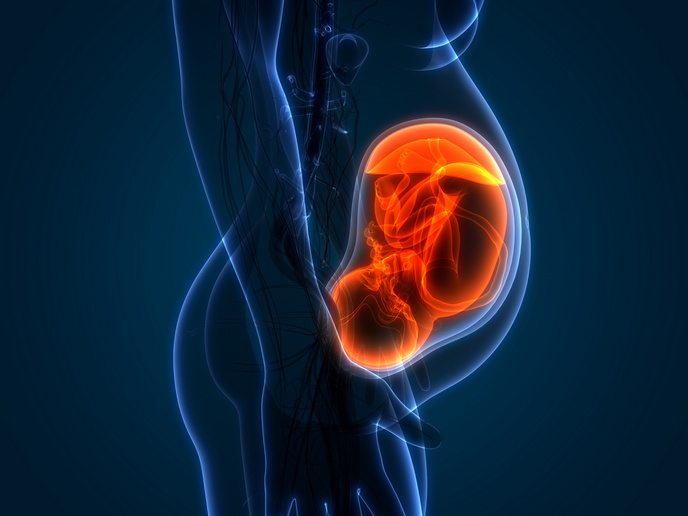Loss of sleep interferes with our metabolism
Circadian rhythms, which play a part in metabolism physiology and behaviour, permit the coordination of various physiological processes in response to environmental changes. Besides the localisation of cell circadian pacemakers in the brain, recent research points to the existence of sets of clock genes in organs including the pancreas, kidney, liver, heart, and adipose tissue. Studies have further shown that disturbed regulation of central and peripheral biological clocks, induced by loss of sleep among other factors, may lead to decreased insulin sensitivity and higher risk of obesity and diabetes mellitus. Considered a bi-hormonal disorder, diabetes mellitus involves insulin resistance and insulin deficiency, and relative or absolute high levels of glucagon. There is a strong link between increased risk of obesity and type 2 diabetes, and a recently discovered strong association between disturbances in circadian rhythms and metabolic disorders such as diabetes mellitus. With this in mind, the 'Circadian regulation in the control of insulin and glucagon release and its role in Type 2 diabetes' (Circadian regulation) project aimed to determine whether clock genes can regulate the secretion of insulin and glucagon. The EU-funded research team was also interested in determining whether the pancreatic circadian clock is involved in the irregular secretion of these hormones in diabetes. Using a mouse model and in vitro techniques, studies showed that all clock genes are expressed in the pancreatic islet of Langerhans. Bmal1 was discovered to be one of the most important clock genes regulating the expression of glucagon messenger RNA (mRNA). A major study outcome was identification of the clock gene Rev-erb-alpha as a regulator of pancreatic beta-cell function. Among other effects, down-regulation of this gene's expression in specific cells resulted in impaired secretion of glucose-induced insulin. The Circadian regulation team also discovered that a high-fat diet and the leptin hormone interfere with regular Rev-erb-alpha expression. As such, dysregulation of Rev-erb-alpha expression during obesity may result in altered beta-cell function and, eventually, type 2 diabetes. The results of the Circadian regulation study stand to significantly impact the scientific community and approaches to public health as the link between disturbed regulation of circadian rhythms and metabolic disorders becomes a priority in their prevention and management.







